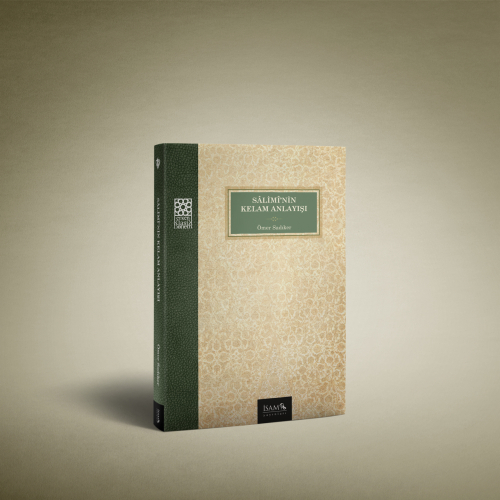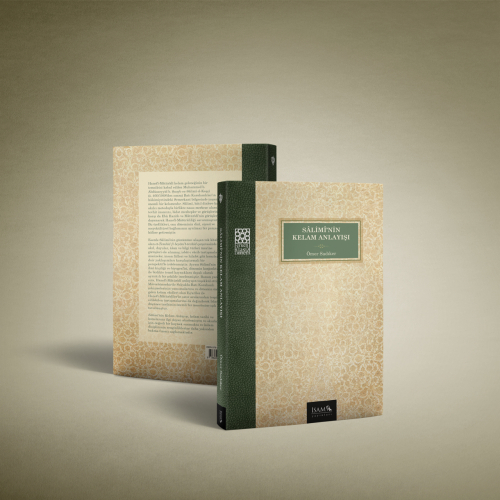Sâlimî'nin Kelâm Anlayışı
Muḥammad b. ʿAbd al-Sayyid b. Shuʿayb al-Sālimī al-Kashshī (d. after 460/1068), recognized as a representative of the Ḥanafī-Māturīdī kalām tradition, was an important theologian who lived in the Samarkand region under the rule of the Western Qarakhanids. Sālimī defended the doctrine of tawḥīd by combining a rationalist methodology with a strong emphasis on naṣṣ (scriptural evidence) against false religions. He also supported Ḥanafī-Māturīdī thought in opposition to bidʿī (innovative) sects by relying on the views of Abū Ḥanīfa and al-Māturīdī, making him an integral figure in the religious, political, and socio-cultural context of his time.
The study examines Sālimī’s only surviving work, al-Tamhīd fī bayān al-tawḥīd, analyzing his views on reason, perception, the universe, and types of knowledge. It explores his perspectives on isbāt al-wājib (proof of the Necessary Being), miracles, human actions, and the caliphate from a comparative perspective. Additionally, it delves into his scholarly identity and biography within the historical context, shedding light on Seljuk-Qarakhanid rivalries in Transoxiana and debates between Ashʿarīs and Ḥanafī-Māturīdīs, a crucial issue in the history of Islamic thought.
Sâlimî’nin Kelam Anlayışı offers a valuable resource for academics and readers interested in the history and topics of kalam (Islamic theology), providing an opportunity for a closer examination of the richness within the discipline. It contributes to the deeper understanding of Sālimī's theological approach and engages with significant debates in Islamic thought.
Click to buy.

